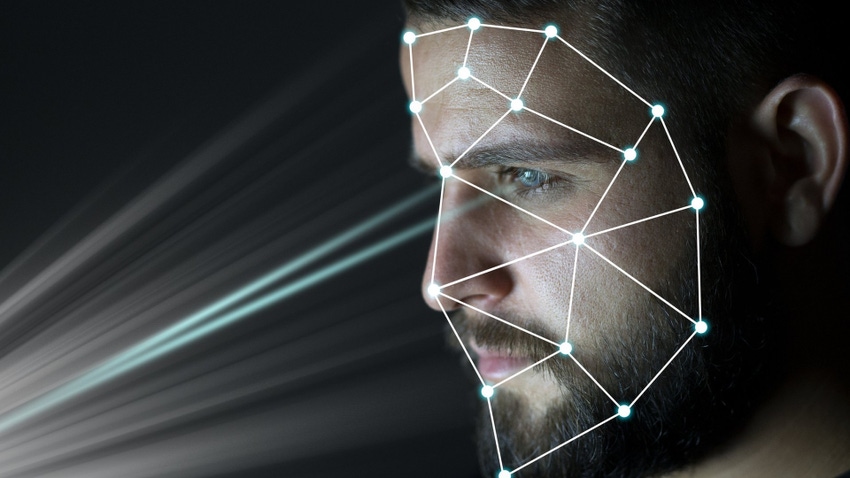
The FTC denied a proposal to use facial recognition technology to verify the age of anyone buying mature-rated games.
Last year, it was reported the ESRB was teaming with SuperAwesome and Yoti on the Privacy-Protective Facial Age Estimation. The technology would've required adults to let their faces get scanned to confirm they're adults, in place of physical IDs.
Per the FTC, the denial vote was 4-0 'without prejudice.' Its reasoning was that due to the COPPA rule, online services have 'acceptable methods' to gain parental consent for anyone 13 and under.
350 comments were submitted following the proposal, with concerns raised about privacy, accuracy, and deepfakes. Last year, the ESRB acknowledged those risks but also argued parents would still have control over what they shared.
However, the FTC noted Yoti sent a proposal in September for a facial age estimation model submitted to the National Institute of Standards and Technology. That's still being processed and could 'materially assist' the FTC (and general public) in 'better understanding age verification technologies'.
It also pointed out how a provision to COPPA also allows new approval methods to be submitted. As a result, a new proposal could be submitted in the not-too-distant future.







